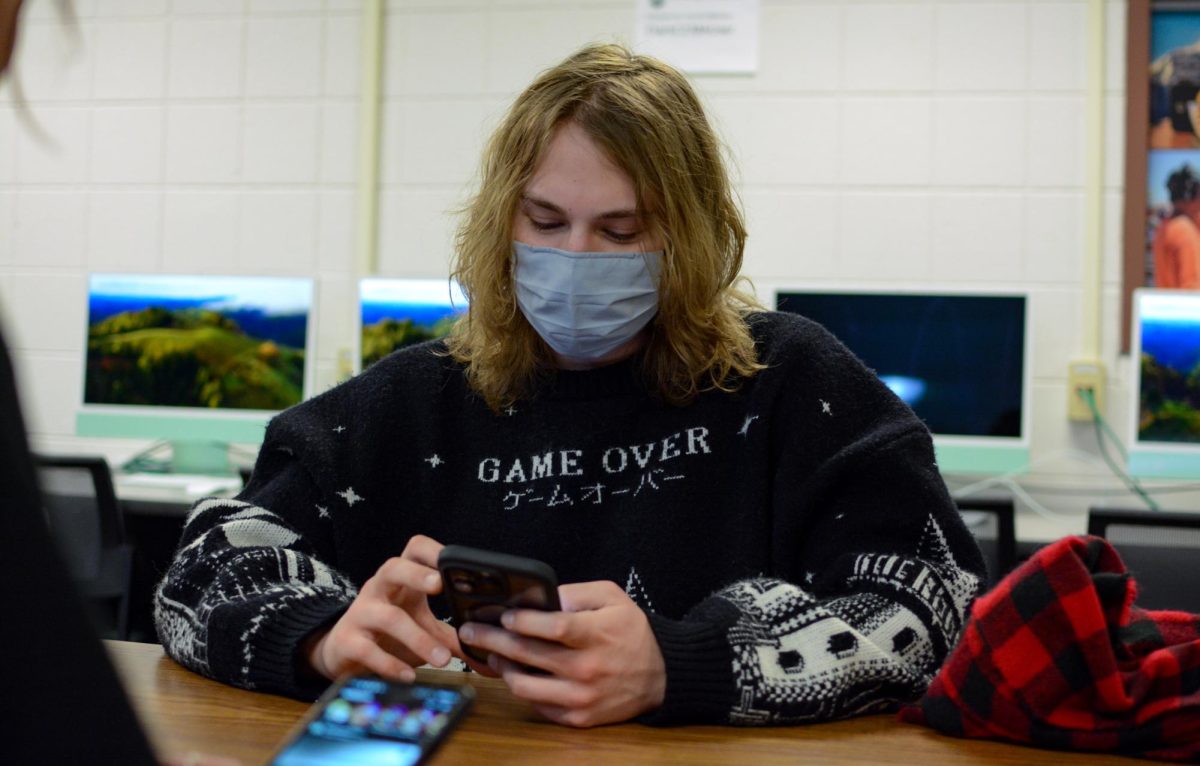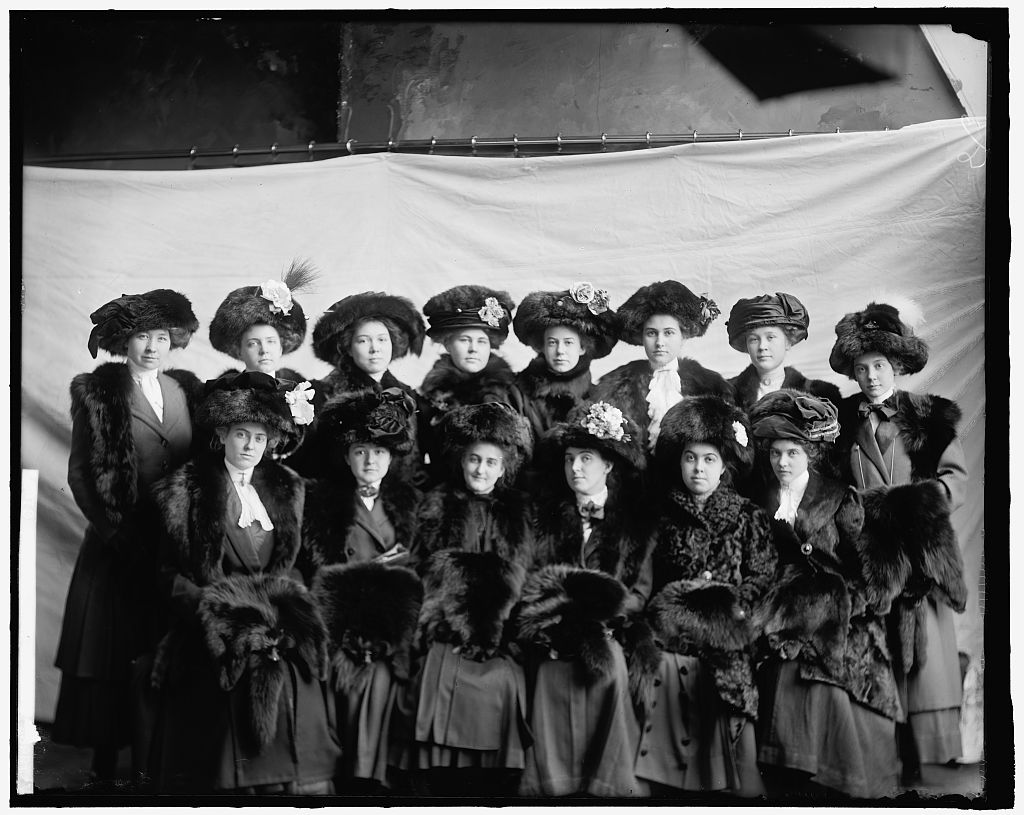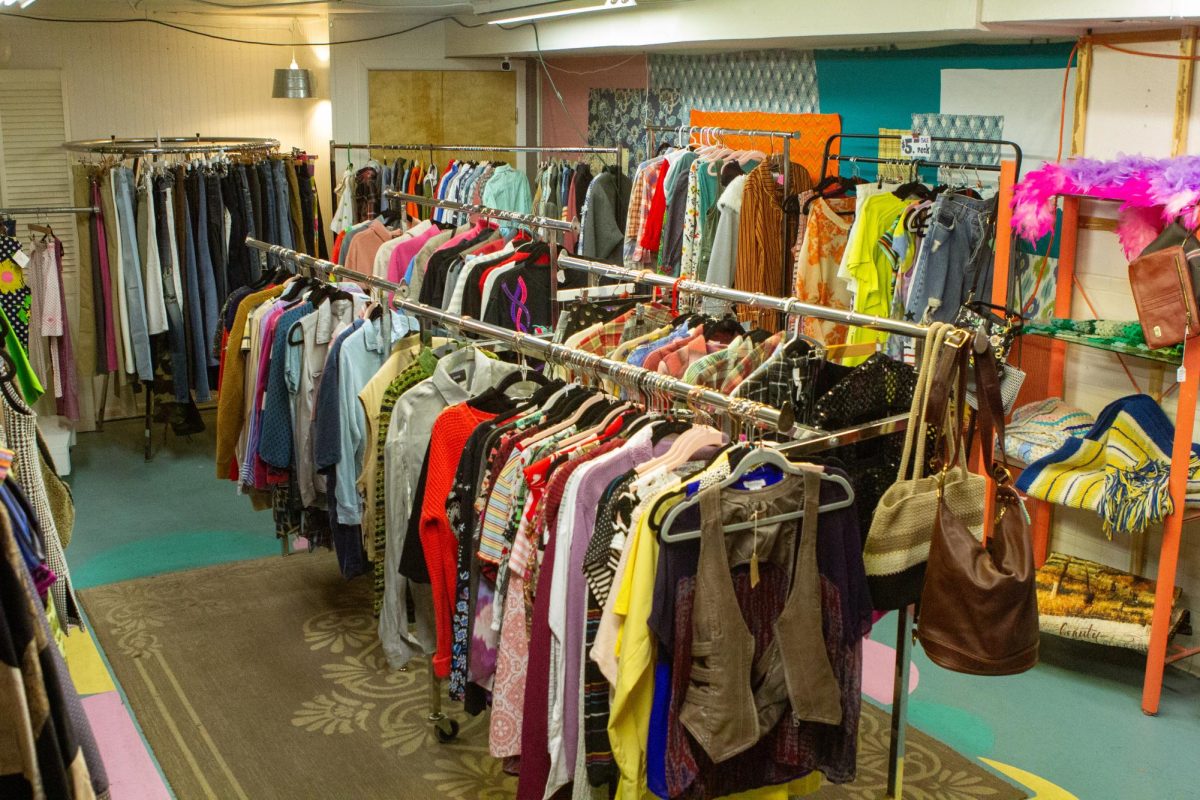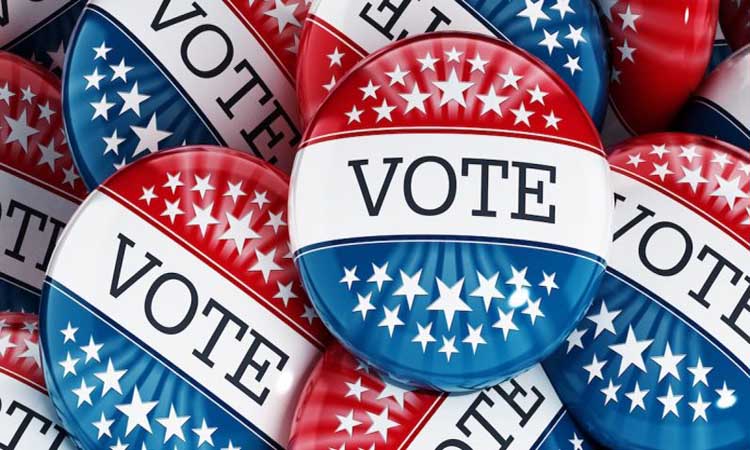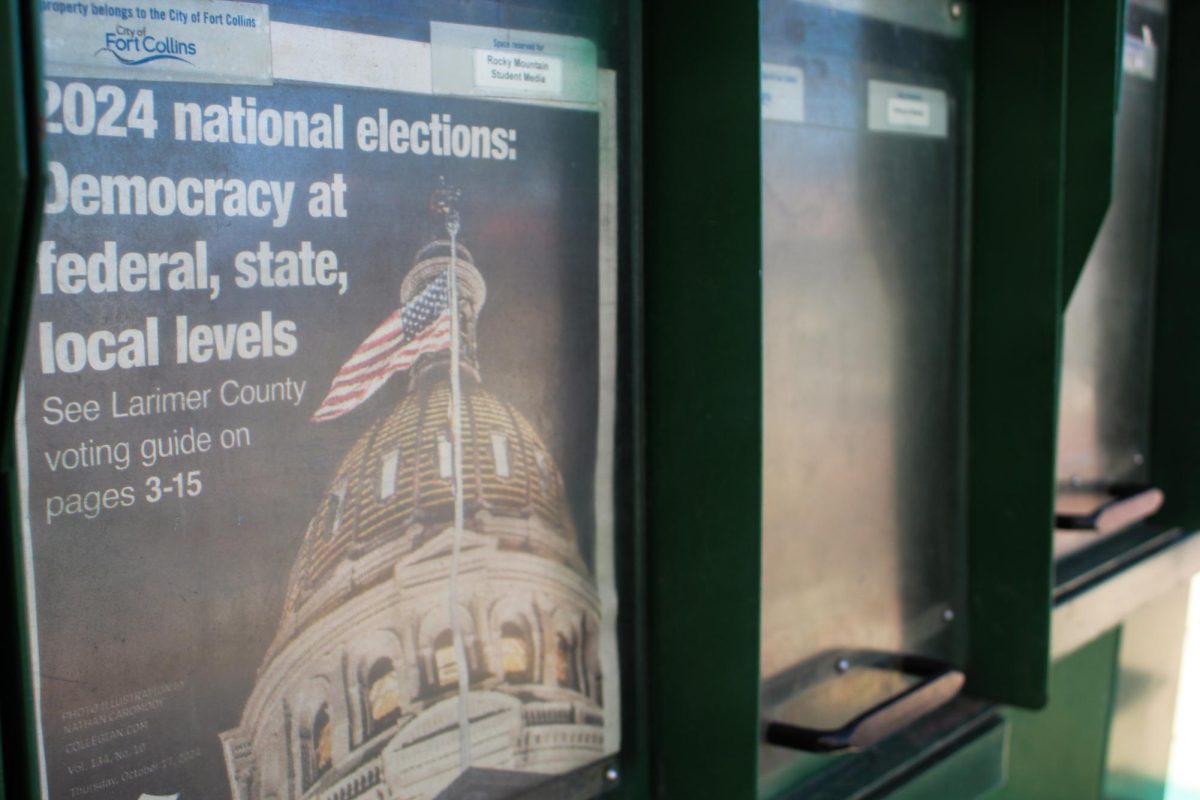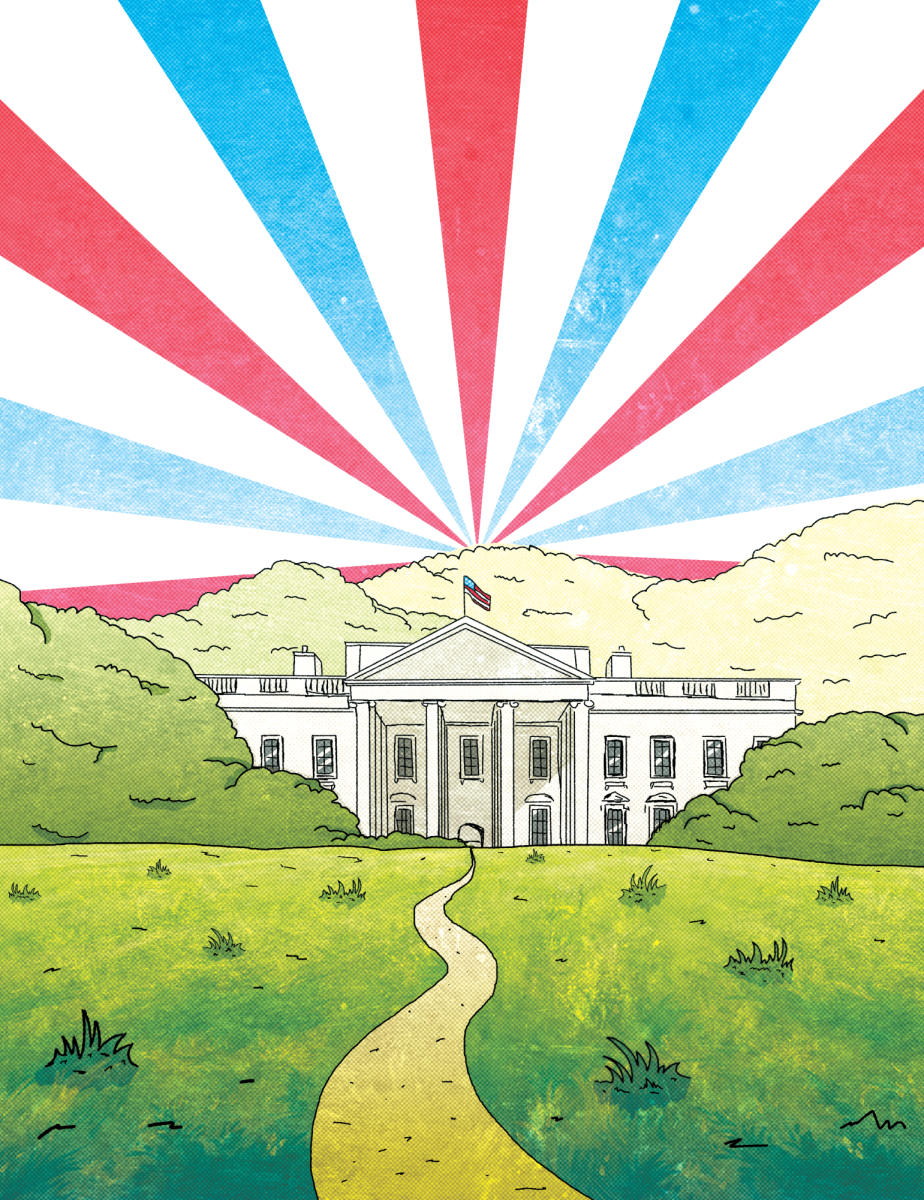In the United States Constitution, citizens are guaranteed the right to life, liberty, and the pursuit of happiness. Nowhere in the country’s original by-laws is education even thought of, despite this, modern views of education dictate it as a protected birthright to all Americans.
The 14th Amendment certifies that “when a state establishes a public school system (as in Texas), no child living in that state may be denied equal access to schooling.” Constitutional protections may exist, but that doesn’t mean they’re respected as more agencies politicize education in order to push their agendas. Even if it means alienating their country’s citizens.
Politicization is a big word, what does it mean?
Put simply, politicization is the action of causing something to become, and be viewed as, political. In terms of education, those who lean conservative tend to criticize the “over-educated” for being out of touch, and those who lean liberal tend to vilify the “uneducated” for not immediately understanding topics such as critical race theory and climate change.
This divide has seeped its way into how schools are run in terms of curriculum instruction, and access to higher-level institutions. With the attack on curriculum, teachers are losing autonomy, and the ability to create impactful lesson plans for their students. What can be taught is restricted and heavily monitored.
In 2022, Florida Governor, Ron DeSantis, passed the “Individual Freedom” bill, which is more commonly known as the ‘anti-woke’ bill. The bill restricts all lessons of race and sexuality outlined in its 30 pages. It focuses on barring teaching ideas like inherent racism and sexism. DeSantis has stated in the past that his administration will be working to eliminate topics like critical race theory from instruction in Florida Public schools through the ‘1619 project’.
With more and more instructional bans being placed, we’re seeing in real time a decline in students’ engagement with critical thinking which can lead to the lack of ability to see diverse perspectives.
Legislative decisions such as redlining, which happens when neighborhoods segregate people of color from white people, can lead to further marginalization and stigmatization of educational opportunities in these communities. Further limiting access to higher education, and creating higher rates of under-educated Americans.
What can I do? What can you do? What can we do?
How we view and operate the American education system has been an issue for a long time, but that doesn’t mean it needs to stay that way.
Ava Ayala served as Colorado State University’s Associated Students of CSU’s Speaker of the Senate from 2023 to 2024 and has a lot to say about things she would like to see changed and the reasons they haven’t.
Ayala spoke about how one of the primary pressing political issues in education today is the major discrepancies in how history is taught between states.
She says, “We need to change how historical figures are written about and what they did.”
The books that teachers can use change from state to state to give certain people and events a better light. History is ‘written by the winners’ after all.
“There are things that are left out or adjectives changed,” Ayala says, “We need to use the correct terms”.
Ayala hopes to see a federal standard for education in terms of history classes. “Not having a federal standard for history affects how it’s taught in every state”.


